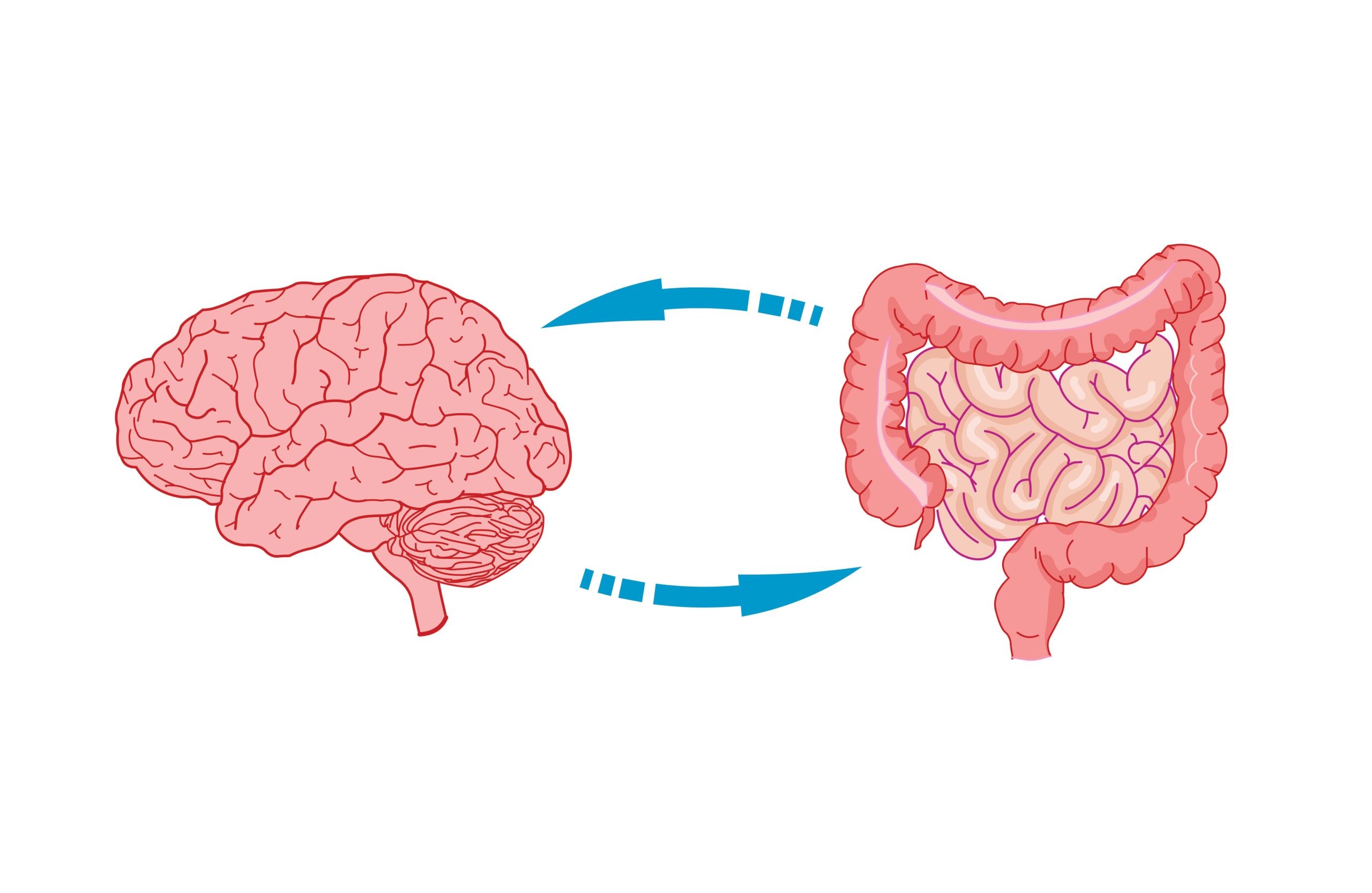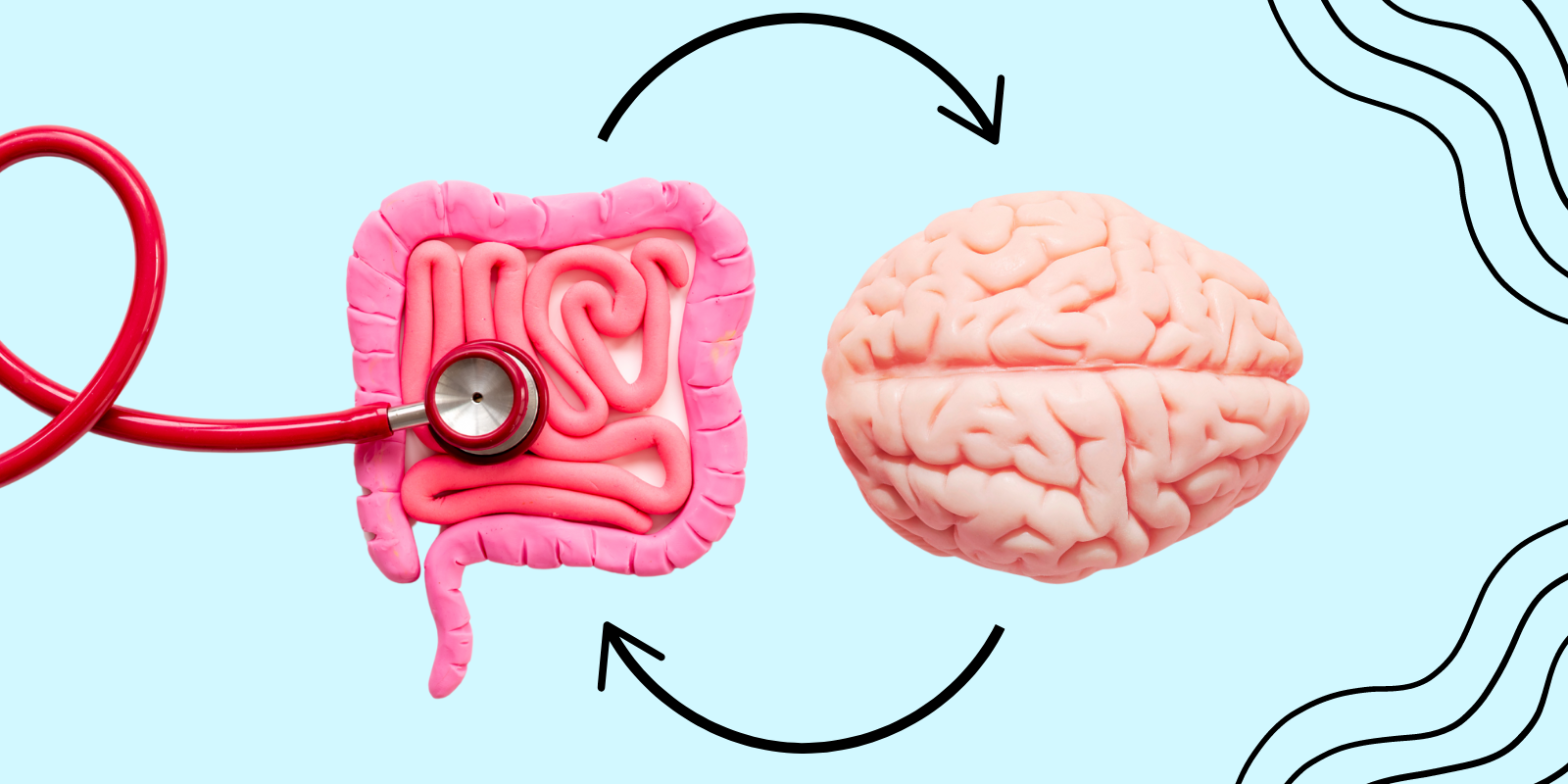Have you ever experienced “butterflies in your stomach” before a big presentation or felt nauseous during stressful moments? These aren’t just expressions—they represent a very real connection between your emotional state and digestive system. The gastrointestinal tract is remarkably sensitive to emotion, with feelings like anger, anxiety, sadness, and elation all capable of triggering physical symptoms in the gut.
This intricate relationship, known as the gut-brain axis, reveals that your brain has a direct effect on your stomach and intestines. Understanding this connection is crucial for maintaining both mental and physical health, as research shows that emotional distress can be both the cause and result of digestive issues.
The Science Behind the Gut-Brain Connection
The relationship between emotions and digestive health is rooted in what scientists call the enteric nervous system (ENS), often referred to as the “second brain.” This complex network contains more than 100 million nerve cells lining the entire gastrointestinal tract from the esophagus to the rectum. The ENS doesn’t just control digestion—it communicates directly with the central nervous system, creating a two-way communication pathway that profoundly affects both mental and physical health.
Recent research has revealed that this communication flows in both directions. While the brain can impact the gut, the gut can equally influence the brain. The gut microbiome, consisting of trillions of bacteria, viruses, and fungi, plays a starring role in this axis by producing various substances that can affect brain function. Studies have shown that disturbances in the gut microbiome can lead to anxiety, depression, and even neurological disorders.
How Emotions Affect Your Digestive System

Stress and Digestive Function
When you experience stress, your body activates the sympathetic nervous system’s fight-or-flight response. This survival mechanism conserves energy for immediate threats by slowing down non-essential functions like digestion. The result is delayed stomach emptying, which can lead to stomachaches, indigestion, heartburn, and nausea.
Paradoxically, while the stomach slows down, stress causes increased motor function in the large intestine. This explains why you might experience bowel urgency or diarrhea during stressful situations. Chronic stress can create a vicious cycle, as these digestive symptoms often increase stress levels, perpetuating the problem.
The Impact of Negative Emotions
Research has established that people with negative emotions like anxiety, depression, and nervousness face higher risks of gastrointestinal diseases. Stress decreases the body’s ability to digest food properly by disrupting the balance of beneficial bacteria in the gut. This chemical reaction removes good bacteria, weakening the immune system and causing inflammation throughout the body.
Chronic stress can also lead to more serious complications, including gastroduodenal ulcers. The increased production of stomach acid during stressful periods can damage the gut lining, resulting in pain, burning sensations, and increased infection risk.
Positive Emotions and Gut Health
Conversely, positive emotions like happiness and hopefulness are associated with distinct gut bacterial compositions. Studies involving over 200 women found that those reporting higher levels of positive emotions had different bacterial profiles compared to those with predominantly negative emotions. Specific bacterial species were less prevalent in individuals with higher positive emotion scores, suggesting that emotional well-being directly influences the types of bacteria thriving in the gastrointestinal tract.
Managing Emotions for Better Digestive Health
Stress Reduction Techniques
Effective stress management is crucial for maintaining digestive health. Regular exercise helps reduce stress, control weight, and regulate bowel function while improving well-being. Relaxation techniques such as yoga, meditation, and deep breathing exercises can lessen stress and reduce associated cramps and pain.
Dietary Considerations
Supporting gut health through nutrition can positively impact both digestive function and emotional well-being. Probiotic foods rich in lactobacillus, such as yogurt, kefir, kombucha, and kimchi, help improve digestive issues by accelerating fermentation processes. Fiber-rich cereals, fruits, and vegetables reduce harmful bacteria while promoting the growth of beneficial Bifidobacteria.
Professional Support
For individuals experiencing chronic digestive issues related to emotional stress, professional help may be necessary. If symptoms like heartburn, indigestion, or IBS occur more than two to three times weekly, consulting a gastroenterologist is recommended. Additionally, addressing underlying mental health concerns through therapy or counseling can break the cycle of emotional distress and digestive problems.

